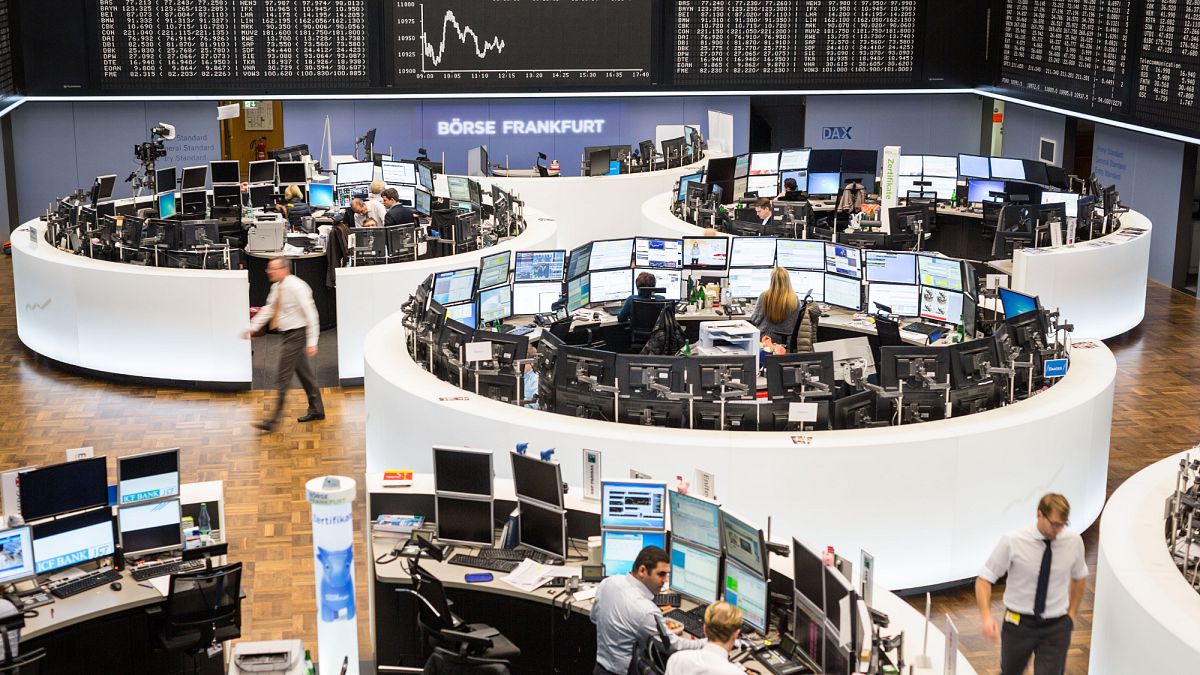

As we move into the summer months, the European stock market offers a beacon of optimism, historically demonstrating robust performance in July. Analysts have long observed a seasonal trend where both the EURO STOXX 50 and the broader STOXX 600 indices display notable gains, with some analysts reporting success rates of approximately 70%. This seasonal magic has been attributed largely to strong performances from key sectors within the market, including major French banks such as BNP Paribas and Credit Agricole. Furthermore, luxury brands are showcasing substantial strength, contributing to this positive outlook.
While the stock market shines, the corporate sphere is witnessing significant shifts with regard to artificial intelligence (AI). In a recent development, leading CEOs in Europe have expressed a desire for regulatory bodies to reconsider the pace at which the new AI Act is being implemented. These executives have raised concerns about the short timeframe given to comply with the voluntary rules for general-purpose AI. There is a growing consensus that a more measured approach may better support sustainable integration of AI technologies within various industries.
In a parallel move influenced by the strategic turn toward AI, Microsoft has announced a major workforce reduction, cutting approximately 9,000 jobs worldwide. This move comes as part of the tech giant’s broader strategy to pivot towards AI-driven innovations. While the layoffs represent less than 4% of Microsoft’s total global workforce, this decision marks the company’s largest layoff event in over two years. The shift underscores the rising importance of AI across sectors and highlights a transition period for employees as Microsoft repositions itself to emphasize digital and AI advancements.
Meanwhile, in the field of archaeology and genetics, a significant milestone has been reached with the first complete genome analysis of an ancient Egyptian. The remains of a man—believed to have lived over 4,500 years ago and likely to have been a skilled potter—were recovered from a significantly preserved site. Sealed in a large pottery vessel, the skeleton was excavated in 1902 in Nuwayrat, 165 miles south of Cairo. This meticulous preservation has allowed scientists to analyze his genetic material, offering new insights into ancient life during the early period of the Egyptian civilization. This achievement not only illuminates individual history but also aids in the broader understanding of genetic continuity and transitions across human history.
In synthesis, global landscapes both in business and science are navigating transformative changes. Whether through traditional economic patterns, innovative technological strides, or groundbreaking scientific discoveries, these threads collectively weave a narrative of growth, reflection, and futuristic adaptation. As stakeholders in these varied fields work towards harmonious integration of these advancements, a mindful approach ensures that progress remains steady and beneficial for society at large. The hopeful rise in European stocks this summer perhaps serves as a metaphor for the potential prosperity these transitions can usher in, given thoughtful consideration and strategic planning.
Source: {link}
